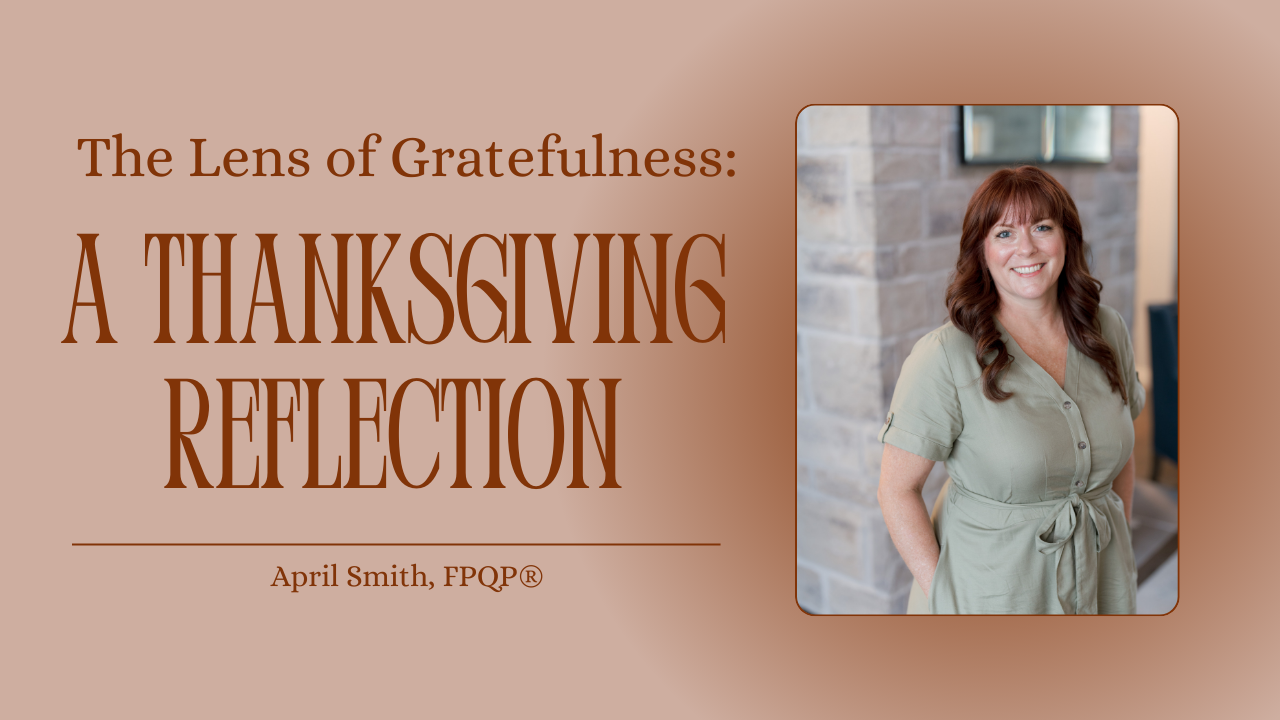I have never quite understood art. When people talk about how a painting makes them feel certain things or evokes emotions, my internal response is often to roll my eyes. When the time came to furnish and decorate my house a few years ago, I made the easy decision to stay away from art. That all changed during a recent trip to Home Goods.
On a quiet Saturday afternoon, I turned into one of the people that I have scoffed at for so long, and something happened – I felt something while looking at a piece of art. The painting itself was simple: a cream-colored circle positioned above a black half circle. However, there was no denying that it made me feel peaceful, warm, and happy. After staring at it for a few minutes, I convinced myself that I didn’t need it and left the store. The next morning, I woke up with the painting still top of mind, and after some additional thought throughout the day, I caved and went back to buy it.
Did I need that painting? Absolutely not. However, looking back on that day, I am proud of deciding to spend money on something that made me happy. I often don’t like spending money on myself. I will happily spend money on others or save, but rarely will I buy something nice just for me to enjoy.
For some reason, I have always thought that I would be able to turn on my “spending switch” when I retire down the road. Working with families along their financial journeys has shown me that in most cases, that is easier said than done. Whether we realize it or not, we are all building habits each day that are shaping how we will view money for the rest of our lives. Most people either save aggressively their whole lives only to spend very little of it during retirement, or they are aggressive spenders and don’t have enough saved. The sad reality is that if you are a natural saver during your working years, your disdain for spending money will probably only get worse during retirement when you stop earning a salary. Conversely, if you are a natural spender, your love for spending will likely remain during retirement. A healthy balance between saving and spending is essential for a healthy financial life.
Perhaps the easiest way to train yourself to find balance is by determining whether you are an aggressive spender or saver and begin to occasionally do more of whatever is contrary to your nature. Perhaps you need to say yes to buying that painting or turning on automatic savings from your paycheck each month. While the remedy will differ for each person, the one commonality we can all agree on is that while financial balance can be tricky, it is well worth pursuing.

PYA Waltman Capital, LLC (“PYAW”) is an investment adviser registered with the U.S. Securities and Exchange Commission. Registration does not imply a certain level of skill or training. More information about PYAW’s investment advisory services can be found in its Form ADV Part 2, which is available upon request. PYA-23-07.
Article originally published in West Knoxville Lifestyle. Access the article here.




.png)
